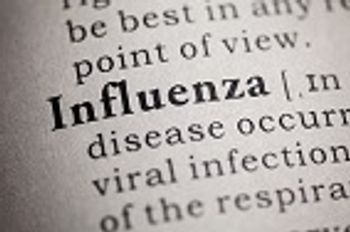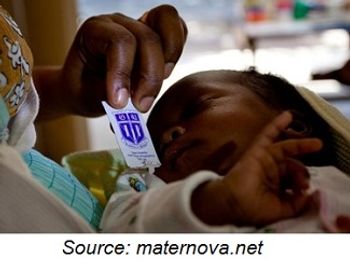
Researchers have found that those with type 2 diabetes have a higher prevalence of chronic hepatitis B virus infection than those with adult onset-autoimmune diabetes and those who do not have diabetes at all.

Researchers have found that those with type 2 diabetes have a higher prevalence of chronic hepatitis B virus infection than those with adult onset-autoimmune diabetes and those who do not have diabetes at all.

Quest Diagnostics has just launched a new hepatitis B virus quantitative test that will allow physicians to more effectively monitor patient response to antiviral drugs and tailor treatment regimens.

Insurance companies are denying members coverage to expensive drugs, like Harvoni, and those infected with HCV are filing lawsuits.

Drug “buyers clubs” that include websites such as PrEPster and I Want PrEP Now are providing a number of at-risk individuals living in the United Kingdom with HIV drugs that can potentially save their lives.

A new project aims to develop and assess new hepatitis C vaccination strategies in an effort to improve treatment.

Researchers offer more insight on the role of IFN-I and find a potential therapeutic target that may be able to protect against chronic viral infections.

Researchers have developed a material that may have the potential to provide protection against hospital-associated infections.

The US Food and Drug Administration (FDA) has released a consumer update encouraging participation as well as diversity within clinical trials.

In response to the increasing number of syphilis cases reported in Japan, the Japanese government is launching a prevention campaign that will include Sailor Moon as a spokesperson for sexual education.

Researchers at Southern Research Institute are focusing their efforts on finding a broad-spectrum antiviral drug that will be effective against a number of influenza strains.

Elizabeth Nolan, PhD, and her team at the Massachusetts Institute of Technology, recently explored the fight between microbes and hosts over essential metals and how understanding this battle may open the door for alternate treatments for bacterial infections.

Researchers have conducted a study looking into the role that vitamin D might play in reducing the number of acute respiratory infections that are experienced by older adults residing in long-term care facilities.

Dutch scientists have identified the best conditions for Legionella growth: conditions that support biofilm growth.

Researchers have found potential evidence that suggests Ebola may be able to replicate in the lungs of recovering patients.

Researchers have found that anemia offers protection against malaria in African children and that iron supplements may actually reverse this protective effect.

A team from Duke University’s Developing World Healthcare Technologies Lab have discovered a way to extend the lifespan of antiretroviral drugs in order to prevent mother-to-child HIV transmission in developing countries.

Derek Gatherer, PhD, lecturer at Lancaster University has compiled a list of emerging diseases to watch out for in 2017.

Your cash is probably dirtier than you think, with the potential to serve as a vehicle for a number of harmful, disease-causing bacteria.

With the opening of a new R&D center in Rockville, MD, GlaxoSmithKline strives to improve global outbreak preparedness and calls for increased vaccine production capacity.

An emerging pharmaceutical company has partnered up with the Bill & Melinda Gates Foundation to use its innovative technology to assist in the fight against HIV.

Johns Hopkins University School of Medicine researchers have found that genetic mutations of the NOD1 protein can result in increased risk of cytomegalovirus (CMV).

We’ve put together the top five biggest news stories on HIV Contagion covered this year. Did you read them all?

Researchers have found that current methods of predicting risk of heart attack or stroke in HIV-positive individuals are lacking.

We’ve put together the top five biggest news stories regarding food-borne illnesses this year. Did you see them all?

Researchers have found that an experimental vaccine designed to fight the Ebola virus has proven to be highly protective.

The first large-scale clinical trial of a new HIV preventive drug, cabotegravir, has been launched and researchers are looking to see if it is just as effective as Truvada, the only licensed PrEP regimen currently available.

As Salmonella strains continue to develop resistance to antibiotics, UTMB researchers have developed an oral vaccine to assist in the fight against the food-borne infection.

Researchers have found that commonly used antiretroviral drugs may be the cause of a number of cognitive problems.

Researchers have found that the most common childhood cancer, acute lymphocytic leukemia, can be linked with congenital cytomegalovirus (CMV), a virus in the herpes family.

A new campaign is using bacteria-coated billboards to make people aware of how dirty the objects that they touch every single day actually are to encourage handwashing.